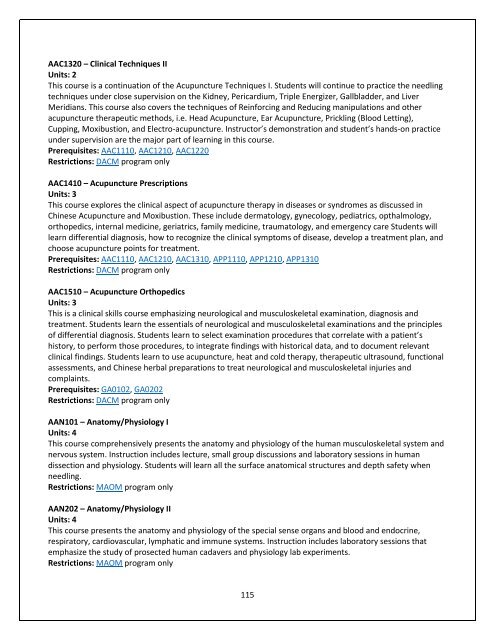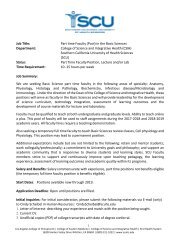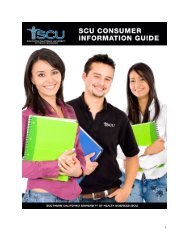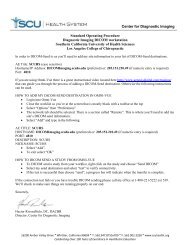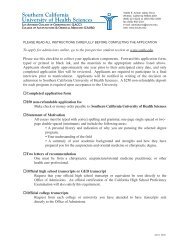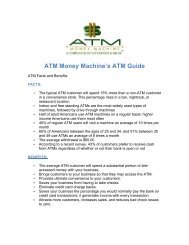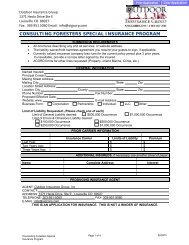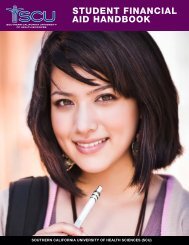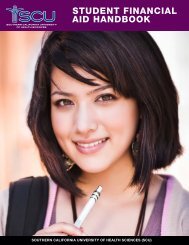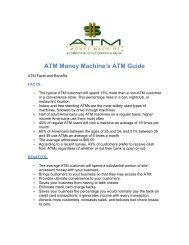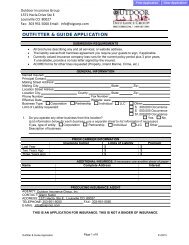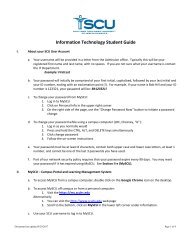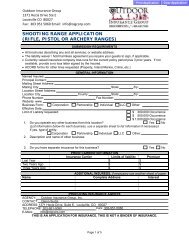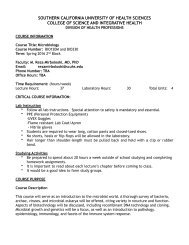Vision, Mission, and Guiding Principles for SCUHS
Southern California University of Health Sciences will be recognized as the premier evidence-based integrative healthcare university. in this PDF we are discussing about our Vision, Mission, and Guiding Principles. Please have a look. you can also go with this link: https://bit.ly/2JuIItL
Southern California University of Health Sciences will be recognized as the premier evidence-based integrative healthcare university. in this PDF we are discussing about our Vision, Mission, and Guiding Principles. Please have a look. you can also go with this link: https://bit.ly/2JuIItL
You also want an ePaper? Increase the reach of your titles
YUMPU automatically turns print PDFs into web optimized ePapers that Google loves.
AAC1320 – Clinical Techniques II<br />
Units: 2<br />
This course is a continuation of the Acupuncture Techniques I. Students will continue to practice the needling<br />
techniques under close supervision on the Kidney, Pericardium, Triple Energizer, Gallbladder, <strong>and</strong> Liver<br />
Meridians. This course also covers the techniques of Rein<strong>for</strong>cing <strong>and</strong> Reducing manipulations <strong>and</strong> other<br />
acupuncture therapeutic methods, i.e. Head Acupuncture, Ear Acupuncture, Prickling (Blood Letting),<br />
Cupping, Moxibustion, <strong>and</strong> Electro-acupuncture. Instructor’s demonstration <strong>and</strong> student’s h<strong>and</strong>s-on practice<br />
under supervision are the major part of learning in this course.<br />
Prerequisites: AAC1110, AAC1210, AAC1220<br />
Restrictions: DACM program only<br />
AAC1410 – Acupuncture Prescriptions<br />
Units: 3<br />
This course explores the clinical aspect of acupuncture therapy in diseases or syndromes as discussed in<br />
Chinese Acupuncture <strong>and</strong> Moxibustion. These include dermatology, gynecology, pediatrics, opthalmology,<br />
orthopedics, internal medicine, geriatrics, family medicine, traumatology, <strong>and</strong> emergency care Students will<br />
learn differential diagnosis, how to recognize the clinical symptoms of disease, develop a treatment plan, <strong>and</strong><br />
choose acupuncture points <strong>for</strong> treatment.<br />
Prerequisites: AAC1110, AAC1210, AAC1310, APP1110, APP1210, APP1310<br />
Restrictions: DACM program only<br />
AAC1510 – Acupuncture Orthopedics<br />
Units: 3<br />
This is a clinical skills course emphasizing neurological <strong>and</strong> musculoskeletal examination, diagnosis <strong>and</strong><br />
treatment. Students learn the essentials of neurological <strong>and</strong> musculoskeletal examinations <strong>and</strong> the principles<br />
of differential diagnosis. Students learn to select examination procedures that correlate with a patient’s<br />
history, to per<strong>for</strong>m those procedures, to integrate findings with historical data, <strong>and</strong> to document relevant<br />
clinical findings. Students learn to use acupuncture, heat <strong>and</strong> cold therapy, therapeutic ultrasound, functional<br />
assessments, <strong>and</strong> Chinese herbal preparations to treat neurological <strong>and</strong> musculoskeletal injuries <strong>and</strong><br />
complaints.<br />
Prerequisites: GA0102, GA0202<br />
Restrictions: DACM program only<br />
AAN101 – Anatomy/Physiology I<br />
Units: 4<br />
This course comprehensively presents the anatomy <strong>and</strong> physiology of the human musculoskeletal system <strong>and</strong><br />
nervous system. Instruction includes lecture, small group discussions <strong>and</strong> laboratory sessions in human<br />
dissection <strong>and</strong> physiology. Students will learn all the surface anatomical structures <strong>and</strong> depth safety when<br />
needling.<br />
Restrictions: MAOM program only<br />
AAN202 – Anatomy/Physiology II<br />
Units: 4<br />
This course presents the anatomy <strong>and</strong> physiology of the special sense organs <strong>and</strong> blood <strong>and</strong> endocrine,<br />
respiratory, cardiovascular, lymphatic <strong>and</strong> immune systems. Instruction includes laboratory sessions that<br />
emphasize the study of prosected human cadavers <strong>and</strong> physiology lab experiments.<br />
Restrictions: MAOM program only<br />
115


